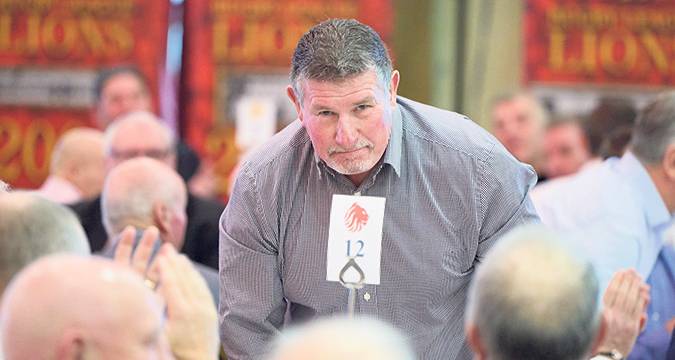 RL Cares is supporting a dedicated team of highly skilled wellbeing managers to keep players and club staff at the top of their game.
RUGBY LEAGUE fans are some of the most passionate people in the sporting world.
Their hero worship of the sport’s most important stakeholders often has few bounds, not just on the terraces and stands on matc
RL Cares is supporting a dedicated team of highly skilled wellbeing managers to keep players and club staff at the top of their game.
RUGBY LEAGUE fans are some of the most passionate people in the sporting world.
Their hero worship of the sport’s most important stakeholders often has few bounds, not just on the terraces and stands on matc Inside the crucial role played by wellbeing managers at rugby league clubs
 RL Cares is supporting a dedicated team of highly skilled wellbeing managers to keep players and club staff at the top of their game.
RUGBY LEAGUE fans are some of the most passionate people in the sporting world.
Their hero worship of the sport’s most important stakeholders often has few bounds, not just on the terraces and stands on matc
RL Cares is supporting a dedicated team of highly skilled wellbeing managers to keep players and club staff at the top of their game.
RUGBY LEAGUE fans are some of the most passionate people in the sporting world.
Their hero worship of the sport’s most important stakeholders often has few bounds, not just on the terraces and stands on matc 
